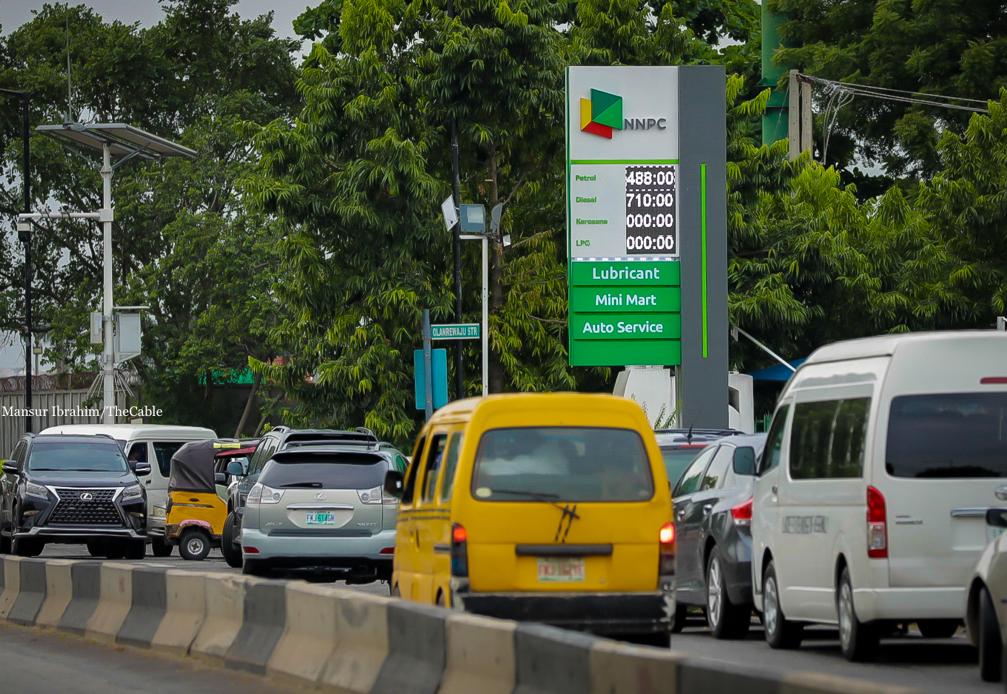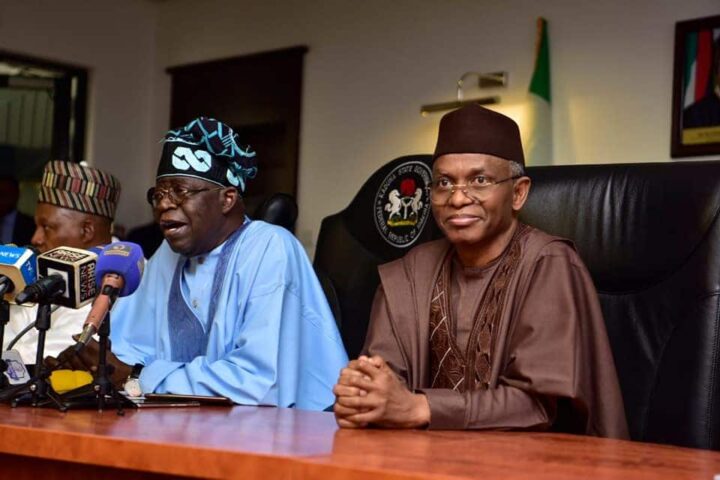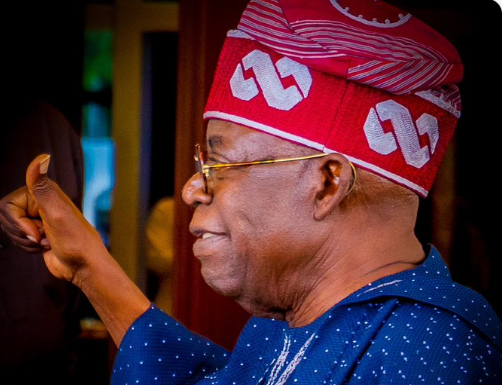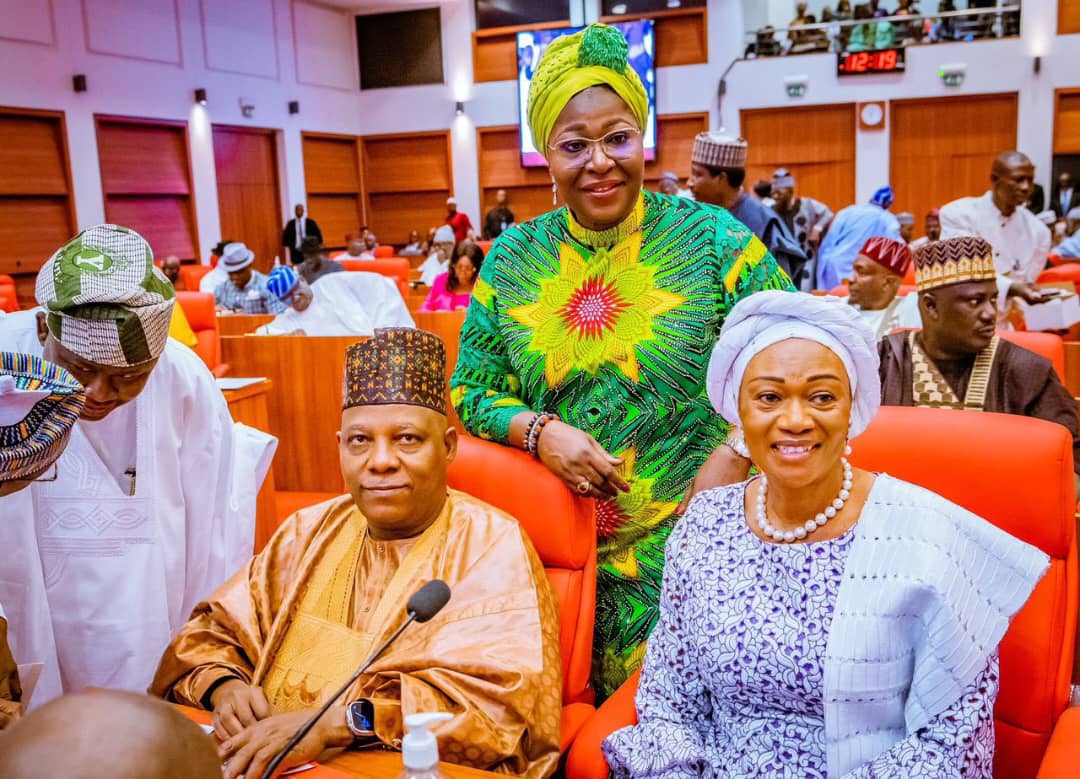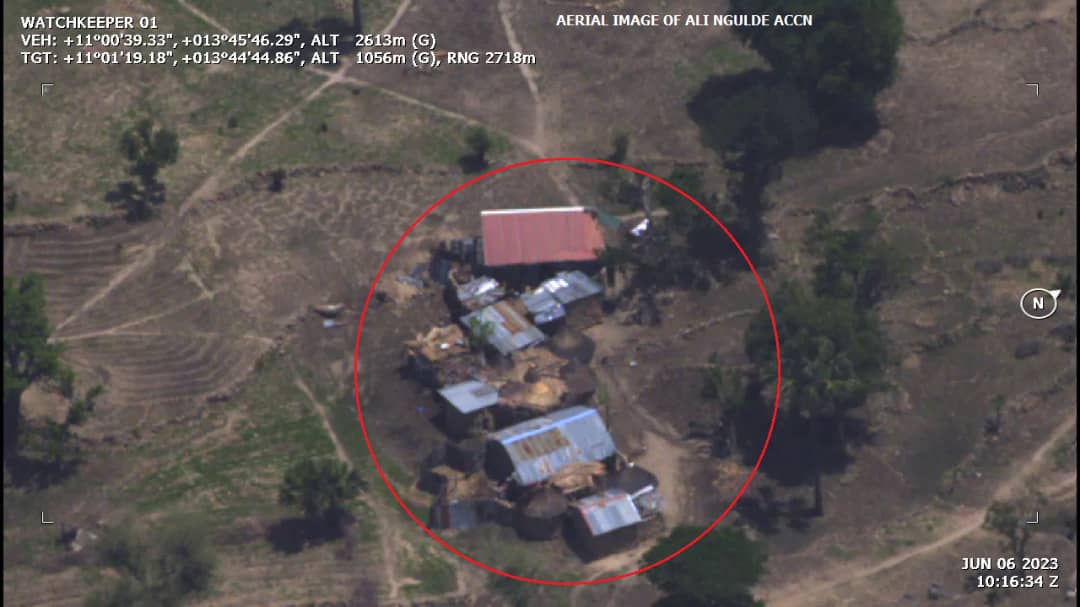A coalition of civil society organisations known as Citizens Voice Against Corruption (CIVAC) has declared support for the decision of President Bola Tinubu to remove the petrol subsidy.
In a statement on Thursday by Abdulrazaq Alkali, the group’s national coordinator, CIVAC condemned the “hypocrisy of some Nigeria’s political figures” who are against the move.
During his inaugural speech on May 29, Tinubu declared that “petrol subsidy is gone”.
The president’s pronouncement led to a resurfacing of queues at petrol stations and a hike in the pump price of the product across the country.
Advertisement
The decision has generated mixed reactions among Nigerians while the Nigeria Labour Congress (NLC) and Trade Union Congress (TUC) threatened to embark on a nationwide strike.
The labour unions demanded that the federal government revert to the old pump price of N185 per litre.
Although the unions suspended the planned mass protest and strike, the government has not reversed the pump price.
Advertisement
Speaking on the issue, CIVAC urged the labour unions to “rise up to their duties and stop playing to the gallery” and get their “acts together by putting the future and survival of Nigeria first”.
“We the members of Citizens Voice Against Corruption (CIVAC), a platform of numerous civil society organisations and professional bodies, declare our support for fuel subsidy removal and condemn in strongest terms the hypocrisy of some of Nigeria’s political figures,” the statement reads.
“For example, both major candidates in the last presidential election made promises to remove fuel subsidy if elected president, but now they are all over the place blaming President Tinubu for doing what they promised to do for Nigerians.
“We also urge Nigerians not to partake in the planned strike by the Nigerian Labour Congress (NLC) and Trade Union Congress (TUC) against the removal of fuel subsidies by the federal government.
Advertisement
“Any confrontational action in this regard can be described as misguided, unwise and self-defeating. The leaders of NLC and TUC should rise up to their duties and stop playing to the gallery.
“NLC and TUC need to get their acts together by putting the future and survival of Nigeria first.
“For most oil-producing countries, high oil prices mean high government earnings, more spending on education, health, infrastructure, poverty alleviation etc. Unfortunately, that is not the case in Nigeria, as the high-profit margin earned from high oil prices is largely swallowed by petroleum subsidy.
“If NLC and TUC leaders are not in terms with the proposed stoppage to paying petroleum subsidy despite the glaring evidence of the failure of the scheme, they can explore other avenues to prevent high petroleum prices in the country.
Advertisement
“One important option is to engage with the government to find a more suitable solution, for example, by putting pressure on the government to revamp the three national refineries (in Kaduna, Warri and Port-Harcourt), which can play a significant role in easing the pressure on our forex reserve, thus strengthening our currency.
“A strong naira and local refining capacity will make petroleum products cheap even without subsidies. In addition, if these refineries are revamped, hundreds of thousands of direct and indirect jobs will be created, thus creating a multiplier effect in the fight against poverty and the growth of our economy.
Advertisement
“In conclusion, it is very critical that NLC and TUC leadership keep in mind that in pushing the interest of Nigerians forward, they need to choose options that will not worsen our security situation, are economically sustainable, and that will open a brighter future to Nigerian’s economy and teaming populace – a lot of which are unemployed. Also of note is that in a petroleum subsidy-free system, when oil prices go low, e.g. what happened in 2015-2017, Nigerians will equally pay for much cheaper petroleum prices than they were paying in a petroleum subsidy regime.”
Advertisement
Add a comment
